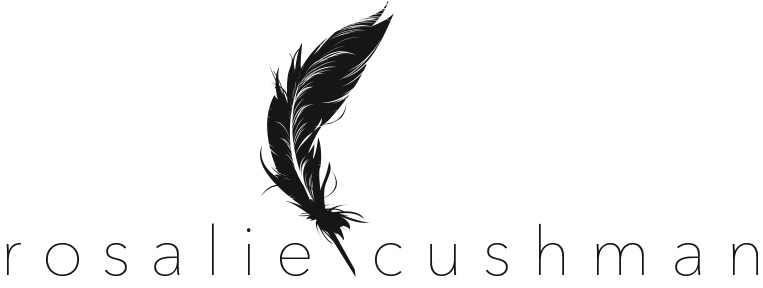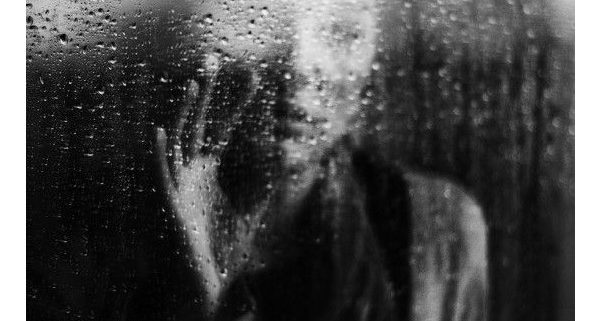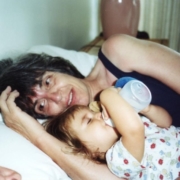Addiction. Don’t let me get started but at this moment I can’t stop myself. I’ve been watching someone loved dearly by parents, sometimes more than life itself, gradually over the years get sucked into the vortex of drugs. If you have an addictive personality, suffer enough unaddressed losses in your life and are depressed, you’re gonna latch onto something with huge distracting and pleasurable properties.
STREET CRED
As a recovering alcoholic myself I know all about the mental con job one gives themselves to rationalize more use on a daily basis to justify the habit. Years ago after I first got sober I used to joke about my own vulnerability commenting “I could be addicted to paper clips if it distracted, soothed and quieted the raging torturous thoughts racing through my brain.” Suffice it to say, I know of which I speak! I have “street cred” you might say.
Anyway, watching a loved one slowly-but-surely get sucked down into the same patterns is unbelievably painful. Of course I know they have to “hit bottom” before they’ll stop. But as someone very close, who is precious beyond imagining, for any parent it’s like watching a child play with matches or a razor that you cannot stop; you’re prevented from rescuing them, held back by the knowledge they can only save themselves by admitting what they’re doing.
DENIAL
Sadly, denial has its own addictive properties. It fuels “powerlessness”, and I swear, the hole often just gets deeper. The first step in addiction recovery principles is “I admitted I was powerless over X (insert drug of choice here) and my life had become unmanageable,” and I submit, it is the very hardest one. But with the first whisper of it, even if you don’t entirely believe it initially, it brings the prospect of hope, a shard of greater oxygen fueling life.
IS IT DEPRESSION?
Much has been written about mental health acknowledgement and treatment options fueled and exposed by the Pandemic, an odd and beneficial outcome in America. That’s the macro perspective. The micro is trickier when it’s a person’s individual life. Shedding light on someone’s problem is touchy at best, alienating at worst. The denial and “digging in” process often intensifies. That’s what I did. That’s what we all do, no matter the drug of choice. Bizarrely, one gets “hooked” on the denial and rationalization itself. Turning to a legal “drug” like alcohol, pot or pills to treat one’s depression, becomes the avoidance of choice to mask the deeper unaddressed grief and sense of alienation.
GRIEF
Tears are streaming down my face as I write this, resurrecting personal sorrow and loss from traumatic events in my personal life. I swear, acknowledgment of “going there” releases residual pain even now. And that is a good thing as purging residuals releases more things stubbornly held. Bizarrely, grief can be a gateway to acknowledgement even though grief at its extremes can be destructive when resisted. But here’s the thing: grief when authentically expressed innervates a gateway to liberation.
Sadly, the most dangerous aspect of the addiction spiral has its own addictive properties as you gradually seek the bottom, accelerating towards it to stop it all. Oddly, you’ll do anything to hit that bottom, like driving hideously fast on a country road knowing the danger to life and limb as you accelerate. You rationalize reasons for the use as well as the escalation. But there is something somewhere inside incredibly deep that slowly suggests you really cannot continue this way.
LIBERATION
The lying and massive self-deception (not to mention, the pain) suggests a crash without being entirely conscious of it. For some that results in mortal death. For most, it’s an in-your-face-come-to-Jesus moment that forces self-honesty because you really can’t stand what you’re doing to yourself, let alone the relationships left damaged on the side of the road of those you love.
Since no one can stop a particular loved one’s process from playing out, there comes a time when the only course of action is to exit stage left since a parents’ confrontation has little to no positive impact in the initial owning of the addicted’s denial stage. Yet it is not all dire. We must all take responsibility for our life’s choices and actions. Watching a loved one released to the only powers that can save them initially—themselves—God’s speed to anyone marching to their ultimate salvation.





It is paradoxical that liberation only comes after grief, despair, and hitting bottom. Your street cred also acknowledges redemption. Holding the space for both you and for all who love others who are addicted to something.
It’s been 28 years now. After the first year, I had no desire. Amazing.